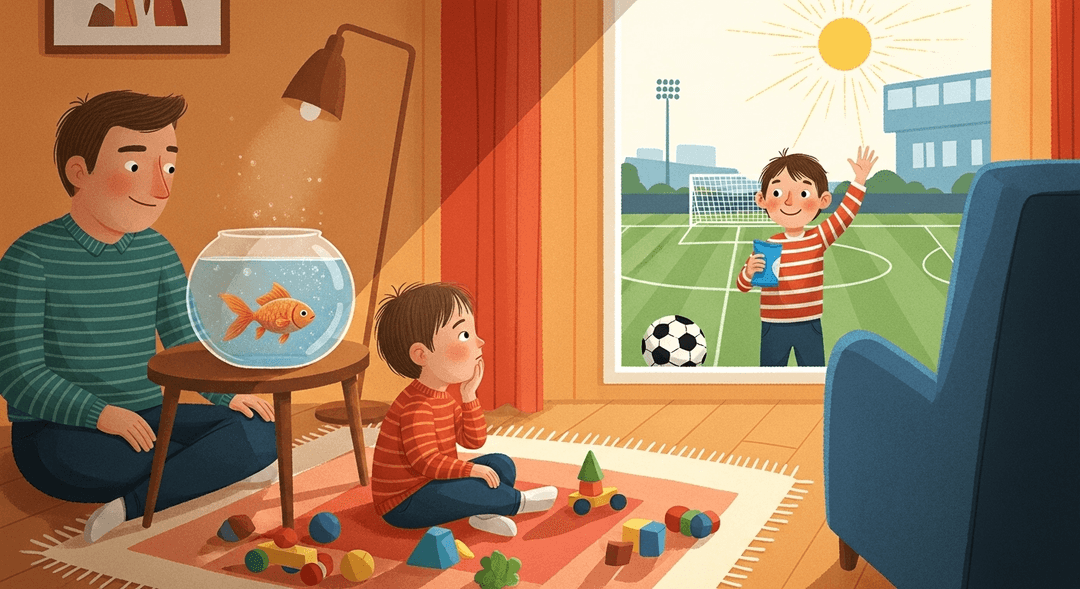Help Them Understand That Friendships Can Change Over Time, and That's Okay.
Remember when your kid’s BFF was the neighbor’s goldfish, and now it’s someone from soccer who only likes blue snacks? Yeah, friendship is basically a revolving door with glitter. If you’re panicking because your child is suddenly ‘over’ their old pal, here’s your survival guide (and maybe a hug for you, too).
Learning that friendships can change without catastrophe helps kids build resilience, empathy, and adaptability. It teaches their brains to process social loss as a normal, manageable part of life, not a five-alarm emergency. For parents, modeling calm acceptance wires your own brain for flexibility (and maybe lowers that stress-induced eye twitch).
How to do it
First, validate your child’s feelings—whether it’s sadness, relief, or total confusion. Let them know it’s okay to feel however they do.
Share your own stories of shifting friendships. If you can recall a dramatic playground breakup, even better! This helps your child see that friendship changes are a normal part of life.
Remind your child that it’s normal for people to grow and change. Friendships can shift over time, and that’s okay.
Encourage your child to reach out to new friends if they feel ready. However, don’t force it—sometimes spending time alone is the best way to reset and recharge.
Keep the conversation open. Let your child know they can talk to you about their feelings whenever they need to.
Sprinkle in some humor to lighten the mood and help your child feel more at ease.
Resist the urge to text the other parent for a “friendship summit.” Allow your child space to process and handle the situation in their own way.
Key Tips:
- Validate your child’s emotions, whatever they may be.
- Share your own friendship stories to normalize the experience.
- Remind them that change is a natural part of growing up.
- Encourage, but don’t pressure, making new friends.
- Keep communication open and ongoing.
- Use humor to help ease tension.
- Avoid intervening directly with other parents unless absolutely necessary.
